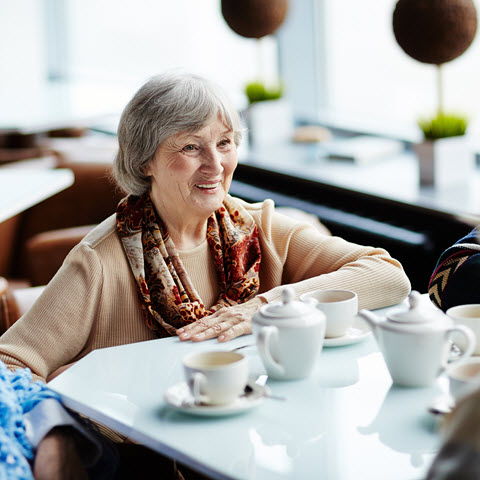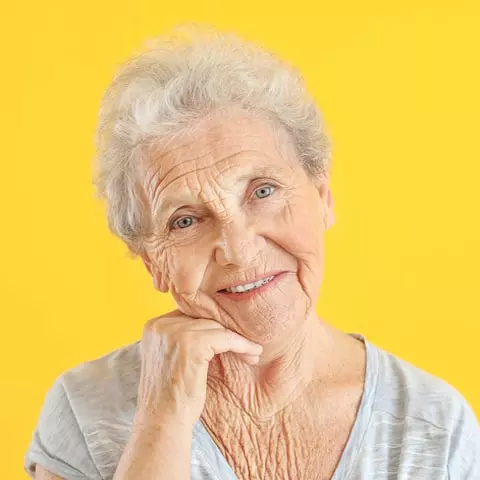
Social isolation and loneliness among the elderly have emerged as critical and deeply concerning challenges, especially in a rapidly aging global population. Beyond being a matter of personal well-being, social isolation and loneliness among seniors must be recognized as a human rights issue. In this article, we will explore the profound implications of this problem and the steps needed to address it.
The impact of social isolation and oneliness:
Find YOUR ideal care home NOW!
Social isolation and loneliness can have severe physical, emotional, and psychological consequences for elderly individuals. These issues can lead to:
1. Declining health: Studies have shown that social isolation and loneliness are associated with a higher risk of chronic health conditions, including heart disease, depression, and cognitive decline.
2. Mental health challenges: Loneliness can lead to anxiety, depression, and a diminished sense of purpose, impacting the overall mental well-being of seniors.
3. Reduced quality of life: Isolation and loneliness can reduce the quality of life for seniors, leading to a sense of sadness, frustration, and a lack of fulfillment.
4. Increased mortality: Social isolation has been linked to higher mortality rates among the elderly, making it a critical concern for public health.
The human rights perspective:
Recognizing social isolation and loneliness among the elderly as a human rights issue underscores the fundamental principles of dignity, freedom, and equality. These key human rights aspects are at stake when seniors are denied the opportunity to remain socially engaged and integrated into their communities:
1. The right to dignity: All individuals, regardless of age, have the right to live with dignity. Social isolation and loneliness can strip seniors of their sense of worth and dignity.
2. The right to freedom: Seniors should have the freedom to interact with others, make choices about their social lives, and participate in community activities. These freedoms are often curtailed by social isolation.
3. The right to equality: Age should not be a barrier to social participation. Equality means ensuring that seniors have the same opportunities to engage in social activities and relationships as younger individuals.
Addressing social isolation and loneliness:
Addressing social isolation and loneliness among the elderly requires a concerted effort from individuals, families, communities, and governments:
1. Community engagement: Communities must create age-friendly environments that promote social inclusion, such as senior centers, clubs, and volunteer opportunities.
2. Family and friend support: Encourage regular communication and visits with elderly family members and friends to reduce their feelings of isolation.
3. Healthcare and mental health services: Healthcare providers should recognize and address the mental health implications of social isolation and loneliness, providing support and resources for seniors.
4. Government initiatives: Governments should implement policies and programs that support elderly citizens, including affordable housing, accessible transportation, and social engagement opportunities.
5. Awareness and advocacy: Raising awareness about the human rights aspects of social isolation and loneliness is essential. Advocacy efforts can drive change at local, national, and global levels.
In conclusion, social isolation and loneliness among the elderly should be viewed as a human rights issue, reflecting our shared responsibility to uphold the dignity, freedom, and equality of all individuals. By recognizing the profound implications of these challenges and taking concerted actions to address them, we can ensure that our senior citizens lead lives of purpose, connection, and fulfillment in their later years.
For assistance in finding a care home or facility best suited to your needs, contact Senior Home Plus at 0230 608 0055 or fill out our online form.
Do you need a care home for yourself or your loved one?
Share this article :
Latest posts
You are looking for an establishment for your loved one ?
Get availability & prices
Fill in this form and receive
all the essential information
We would like to inform you of the existence of the opposition list for telephone canvassing.

.webp)








